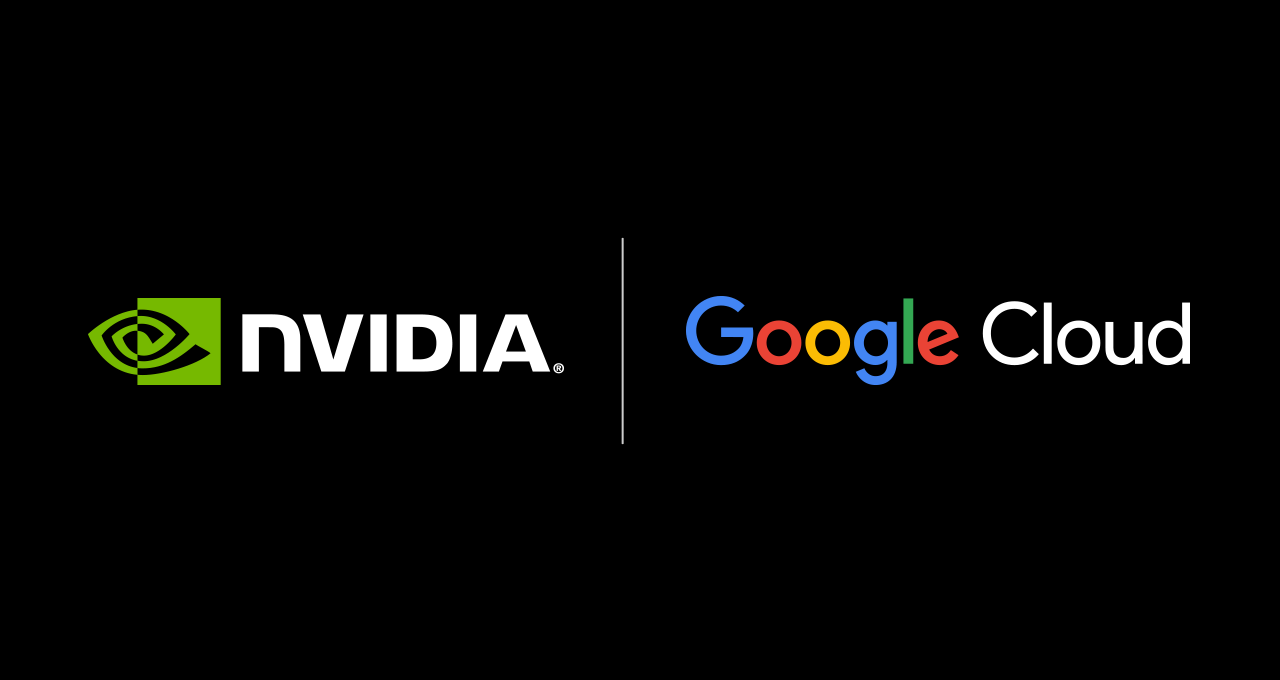
Healthcare administrative teams project ten-hour weekly gains with AI agents
Healthcare workers are inundated with paperwork, according to new research from Salesforce, with 87% admitting they work late each week just to finish their administrative duties. AI agents — a type of AI system that can work seamlessly with human teams to understand and respond to patient inquiries — promise relief.
In a survey of 500 U.S.-based healthcare professionals, healthcare administrative workers estimated agents would save them one full day a week of paperwork, and clinical teams predicted agents could cut down on 36% of their clerical work while helping with care coordination, patient communications, and personalized treatment planning — freeing them to focus on what they do best.
As administrative tasks pile up, patient time dwindles and job satisfaction plummets
The ongoing shortage of healthcare workers in the U.S. — projected to reach 100,000 by 2028 — is only part of the current healthcare crisis. Administrative overload impacts both patients and those who treat them, cutting down on valuable face time between patients and care teams and causing scheduled appointments to start late. Another serious side effect: 69% of administrators and clinicians say time spent on admin tasks erodes job satisfaction, deepening workforce retention challenges.
A digital fix for hours of drudgery: healthcare workers expect agents to slash manual admin tasks and streamline care by 33%
Healthcare workers welcome agents as a cure for administrative overload: 83% are eager to use AI agents if it means spending less time on clerical tasks. And based on their own estimates, agents will do just that:
- Medical professionals estimate agents could reduce administrative burdens by 30% for doctors, 39% for nurses, and 28% for administrative staff.
- Administrative workers predict they’ll save ten hours each week by using agents.
In fact, 70% of all healthcare workers surveyed say they want to use agents at work, citing care coordination tasks like gathering data from various providers/sources, verifying benefits, identifying care gaps, and scheduling follow-ups as agents’ most valuable application.
AI agents are poised to revolutionize the healthcare industry, which has long struggled with labor shortages and administrative overload.
Amit Khanna, SVP & GM of Health at Salesforce
“AI agents are poised to revolutionize the healthcare industry, which has long struggled with labor shortages and administrative overload,” said Amit Khanna, SVP & GM of Health at Salesforce. “This new digital labor force can augment healthcare workers’ efforts by working alongside doctors, nurses, and administrators to increase efficiencies and improve outcomes. Now, healthcare organizations must identify key use-cases, choose trusted tools, and provide early and ongoing training to ensure humans and AI agents can most effectively collaborate for improved healthcare delivery.”
Navigating successful agent adoption
Healthcare workers familiar with AI agents are eager to dive in, but for many others, the technology is still extremely new. When initially asked in the survey, only 38% recognized the term “AI agents.” Once provided with a definition and use-cases, however, 71% of healthcare workers predicted agentic AI would be essential to healthcare operations within five years. The question now: how to bridge the gap between interest and widespread adoption?
While 76% of healthcare professionals expect to learn how to use AI agents on the job, few (39%) feel personally prepared to do so today. To spark adoption, healthcare organizations should look for a trusted, deeply unified platform that provides agents that help workers do their jobs more efficiently, is easy to use, and generates trustworthy outputs. And before getting started, workers want proper training and support.
By strategically implementing agent technology, healthcare provider Rush University System for Health aims to free up employee time for meaningful work to continue driving unparalleled patient outcomes.
“With Agentforce, we can support patients 24/7 with tasks like navigating facilities and finding healthcare providers based on their preferences. This frees up our human agents, allowing them to focus on more complex issues. We’re excited to train and empower our teams to work side-by-side with the latest technologies, like agents, to supercharge the patient experience,” said Jeff Gautney, Chief Information Officer, Rush University System for Health.
Learn more:
- Discover how Health Cloud helps companies collaborate efficiently, deliver personalized care, and automate health operations
- See how Agentforce for Health’s pre-built agent skills and actions help teams boost operational capacity and help improve patient outcomes
- Hear why customers like Precina, Transcend, and Rush are choosing Agentforce to augment their workforce
- Learn how Precina is transforming healthcare for patients with type 2 diabetes with Salesforce
Methodology
In partnership with YouGov, Salesforce sourced data from a double-blind survey in the United States conducted between January 24 and February 11, 2025. Respondents included a mix of 510 verified medical clinicians (including medical doctors, nurse practitioners, physician assistants, nurses, and clinical assistants) and medical office administrative staff.
Blog Article: Here


